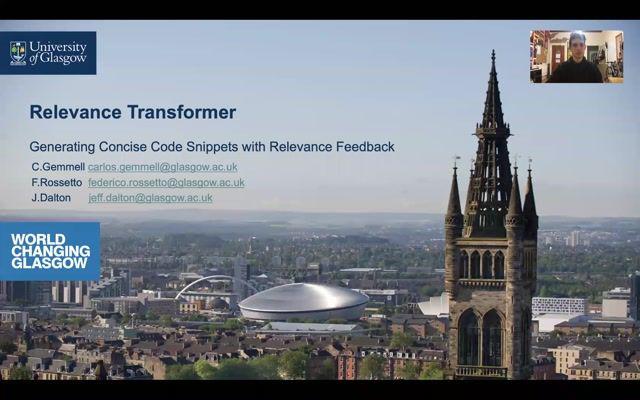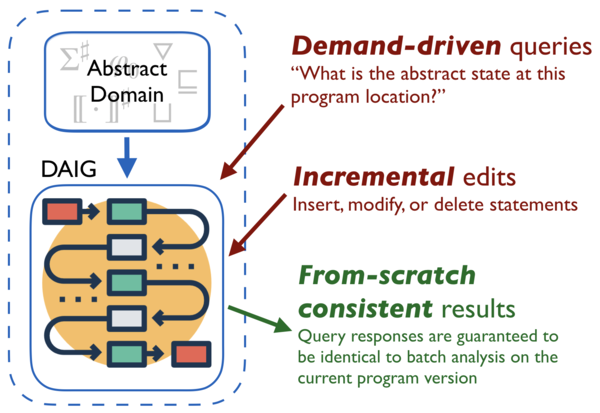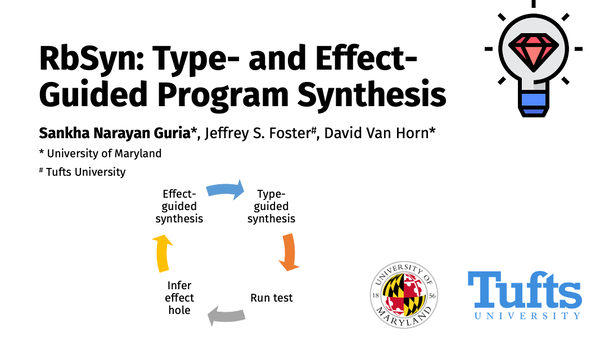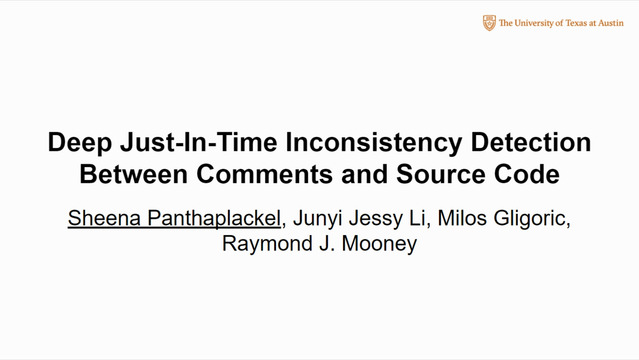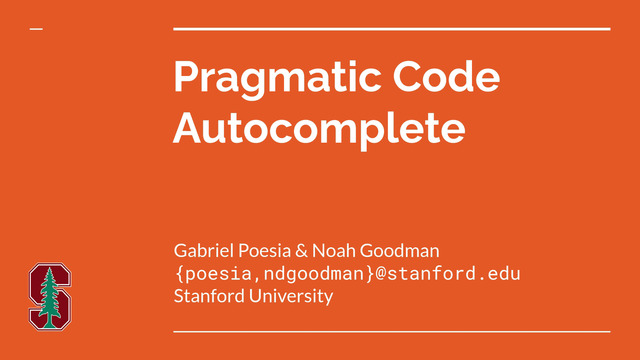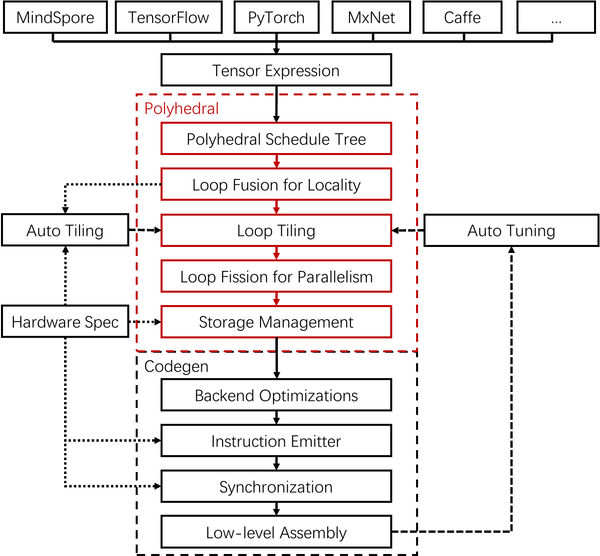Abstract:
We present a new approach to semantic code search based on equational reasoning, and the Yogo tool implementing this approach. Our approach works by considering not only the dataflow graph of a function, but also the dataflow graphs of all equivalent functions reachable via a set of rewrite rules. In doing so, it can recognize an operation even if it uses alternate APIs, is in a different but mathematically-equivalent form, is split apart with temporary variables, or is interleaved with other code. Furthermore, it can recognize when code is an instance of some higher-level concept such as iterating through a file. Because of this, from a single query, Yogo can find equivalent code in multiple languages. Our evaluation further shows the utility of Yogo beyond code search: encoding a buggy pattern as a Yogo query, we found a bug in Oracle’s Graal compiler which had been missed by a hand-written static analyzer designed for that exact kind of bug. Yogo is built on the Cubix multi-language infrastructure, and currently supports Java and Python.




